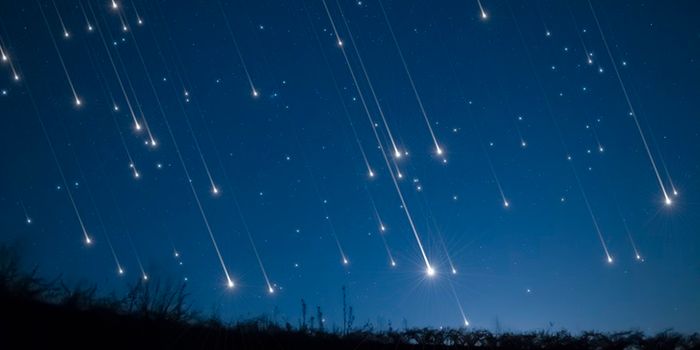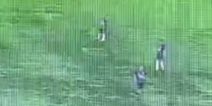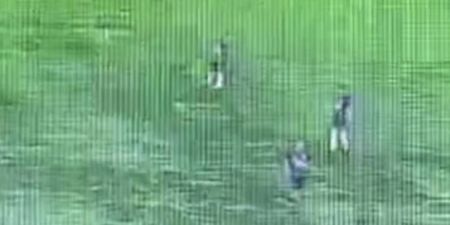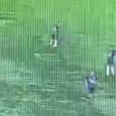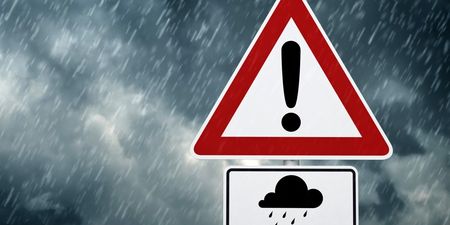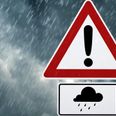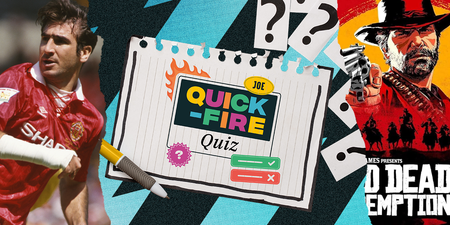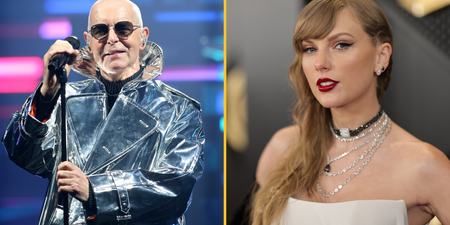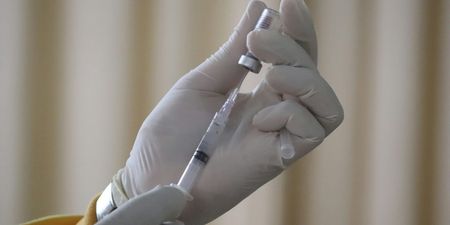Stargazers will be in for a treat, but they might have to burn the midnight oil to make the most of it.
One of the highlights of the calendar for anyone with an interest in astronomy will take place on Monday night and into the early hours of Tuesday morning (12-13 August), as the Perseid meteor shower reaches its peak in the skies above Earth.
An annual event, the Perseid meteor shower is considered one of the most reliable and spectacular meteor showers of the astronomic calendar, with dozens of shooting stars and fireballs set to be visible to the naked eye.
Perseid meteors, caused by debris left behind by the Comet Swift-Tuttle, have been streaking across the skies since July, but are set to peak tonight and in the early hours of tomorrow morning.
While this year’s meteor shower will be affected by a full moon at the shower’s peak and rates of visible meteors will be reduced from an average of 60 per hour to approximately 15-20 per hour, there’ll still be plenty to see for anyone prepared to wait up to catch a glimpse at the optimum time.
Unfortunately for any early birds, that optimum time is set to be between the hours of 2-5am on Tuesday, but some Perseids should be visible any time after dark if you’re not prepared to interrupt your regular sleeping routine.
This year, Astronomy Ireland is taking part in a Nationwide Perseid Watch, urging stargazers to simply count the number of meteors or shooting stars in the sky and to contact Astronomy Ireland with the details.
The Perseid Watch has been taking place since 6 August and will continue until 19 August, no special equipment is required and more details on how to get in touch can be found here.
Both Astronomy Ireland and NASA recommend that, if you are going to try and catch a glimpse of the meteor shower, to allow your eyes to become adjusted to the dark (it takes about 30 minutes) and to try and avoid using your phone as much as possible as looking at devices with bright screens will negatively affect your night vision and reduce the number of meteors you see.
In a welcome development, meanwhile, the weather looks like it might lend itself to ideal conditions for stargazing, with skies set to clear on Monday night following showers in the evening.
Temperatures will drop to as low as seven degrees on what will be a cool night, however, so if you are venturing outside, make sure to dress accordingly.
LISTEN: You Must Be Jokin’ with Aideen McQueen – Faith healers, Coolock craic and Gigging as Gaeilge
